- PRODUCTS
- SERVICES
- HARDWARE & IT
- LEARNING & DEVELOPMENT
- CADFEM INFORMS
CADFEM INFORMS OVERVIEW
- ABOUT US
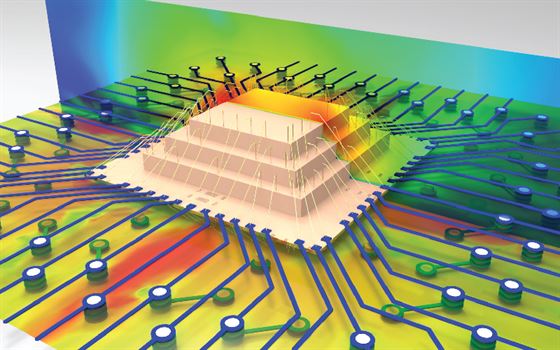
For high-speed applications and thermal challenges, electromagnetics including signal and power integrity analyses provide detailed insights. Our simulations for SerDes technology ensure reliable performance in high-frequency environments. We optimize power delivery networks with various analyses, ensuring system reliability. Our services also include compliance with regulatory emission standards, evaluating electromagnetic radiation, and enhancing device reliability and safety. Additionally, we offer solutions for protecting radar equipment with radomes and facilitating Fixed Satellite Services (FSS) for satellite communication.
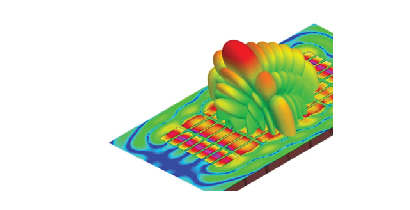
Ansys offers cutting-edge simulation tools for DDR, LPDDR, and GDDR memory technologies, ensuring peak performance and reliability.
These tools enable detailed analysis of signal and power integrity, essential for high-speed applications and thermal challenges. Ansys also provides comprehensive simulation tools for SerDes technology, crucial for high-speed data communication. The simulations cover signal integrity, jitter, and crosstalk, ensuring reliable performance in high-frequency environments. Ansys simulations facilitate early issue identification, leading to robust, high-performance systems.
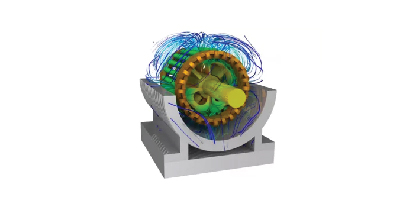
Power integrity analysis encompasses various types crucial for ensuring stable and reliable power distribution in electronic systems.
DC analysis evaluates voltage drop and current distribution under steady-state conditions. AC analysis assesses impedance, resonance, and noise in the power delivery network (PDN) caused by high-frequency signals. Transient analysis studies the response to sudden load or voltage changes. Electromagnetic field analysis examines fields generated by power traces, vias, and planes, mitigating potential EMI. Thermal analysis predicts temperature distribution, identifying hotspots. Frequency domain analysis analyzes behavior across different frequency ranges, vital for systems with varied clock frequencies or protocols. These analyses optimize PDNs, minimize voltage droops, and ensure system reliability.
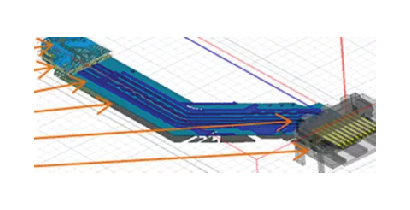
Our role involves ensuring compliance with regulatory emission standards by evaluating electromagnetic radiation emitted from electronic devices.
Our role encompasses ensuring compliance with regulatory emission standards, evaluating electromagnetic radiation from electronic devices, and assessing susceptibility to external sources of interference. Through rigorous testing and analysis, we verify emissions and noise levels, maintain device resilience, and recommend design modifications for enhanced immunity. Our efforts are vital for guaranteeing device reliability and performance, minimizing operational disruptions, and enhancing safety in today’s interconnected world.
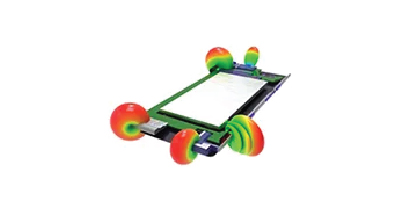
Discover the world of radar equipment protection with radomes and the functionality of Fixed Satellite Services (FSS) in communication.
A Radome is a protective cover for radar equipment, shielding it from environmental factors while allowing radar signals to pass through. It’s commonly used in aviation, maritime, and military applications. FSS stands for Fixed Satellite Service, a type of satellite communication where ground antennas communicate with satellites in geostationary orbit for purposes like TV broadcasting and internet access. In the context of “Radome / FSS Service,” Radome Service likely refers to maintenance, installation, or repair services for radomes, while FSS Service could refer to services related to Fixed Satellite Services, such as satellite dish installation or maintenance.


